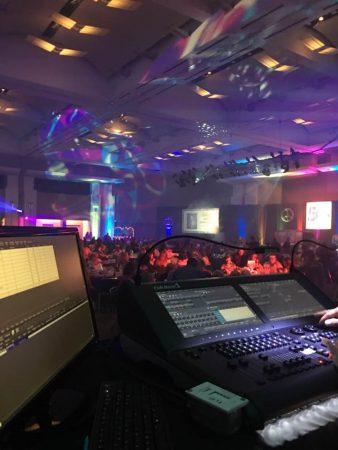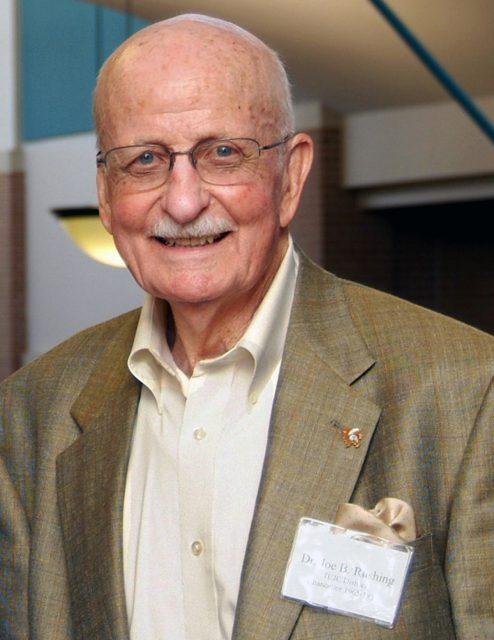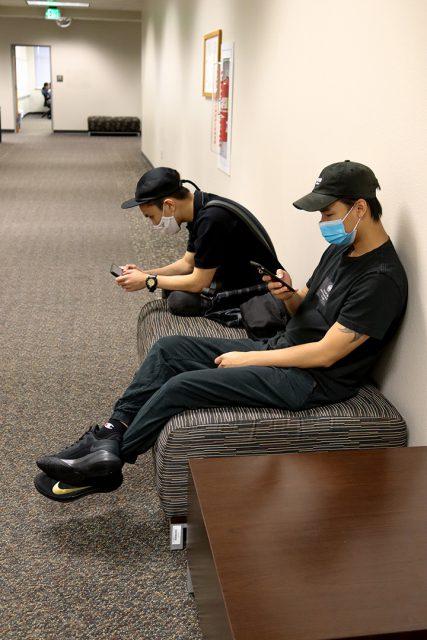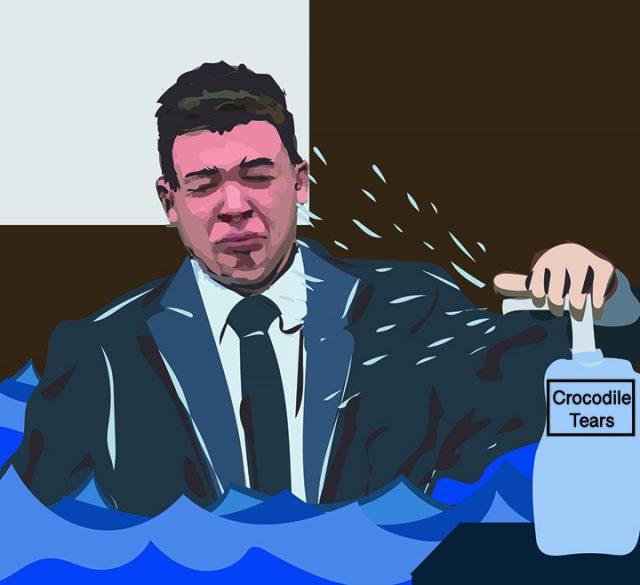Lydia Regalado
campus editor
Hospitality in Texas is booming and TCC courses are serving up success in fields such as culinary arts, event planning and audiovisual.
According to Freeman, a global leader in events, people feel more confident about returning to in-person conventions once vaccinated. Their research indicated 78% of attendees and exhibitors plan to return to in-person events by the fall, and 94% will return by winter.


“It’s all coming back and jobs are flooding in,” SE culinary instructor Katrina Warner said.
Warner said this type of industry can take someone who loves to travel all over the country and anywhere there is an interest. If there’s food, there’s a need for jobs.
“This is a great area to be in for hospitality all the way around between all the hotels, all the private clubs, all the golf clubs, and all of the event venues that are coming back open,” Warner said.
TCC offers an associate of applied science degree in culinary arts, and credits can be transferred to other schools, such as the University of North Texas, toward a Bachelor’s degree in food science. If students are interested but do not want to go for the full degree, they can choose from certificates which include culinary, catering and baking.
SE student Christopher Spradlin has already launched his goals before finishing his first year in the culinary arts and business administration programs. He aims to become an entrepreneur and start his own restaurant and retail business.
“Before I get to that stage, I will be working as a private chef also in an entrepreneurial capacity,” Spradlin said. “In fact, I’ve already started that and now I have personally catered a few private events and dinners for clients in Fort Worth and Dallas.”
Freeman’s research showed 85% of respondents believe in-person events are irreplaceable because of their ability to inspire collaboration, ideas and partnerships on a personal level. A large part of this inspiration relies on the use of event technology, such as audiovisual, scenic and lighting, to connect others in a creative atmosphere.

TCC’s associate of applied science in radio, television and film can not only help students achieve careers in hotels and events, but also in television, radio and production companies.
Chad Jones, NE instructor of radio, television and broadcasting, said a formal education can prepare students with well-rounded knowledge of audio and video technique and production.
“It’s a shortcut as far as experience,” Jones said. “When you’re on an actual job the goal there is to make money and not to actually train someone, so there’s not always the opportunity to fully develop someone.”
The level one and two certificates can be stacked and lead toward the full degree depending on students’ goals. The level one certificate is aimed at sound recording technology and level two delves into multimedia production.
Audiovisual is a hands-on field where no two shows are the same. Set up of screens, lighting, staging and operation of sound and video presentations can be challenging and rewarding.
Most states are open for business across the nation and music festivals, galleries and events continue to return.
“This is definitely a great time to be in this industry,” Warner said.






































